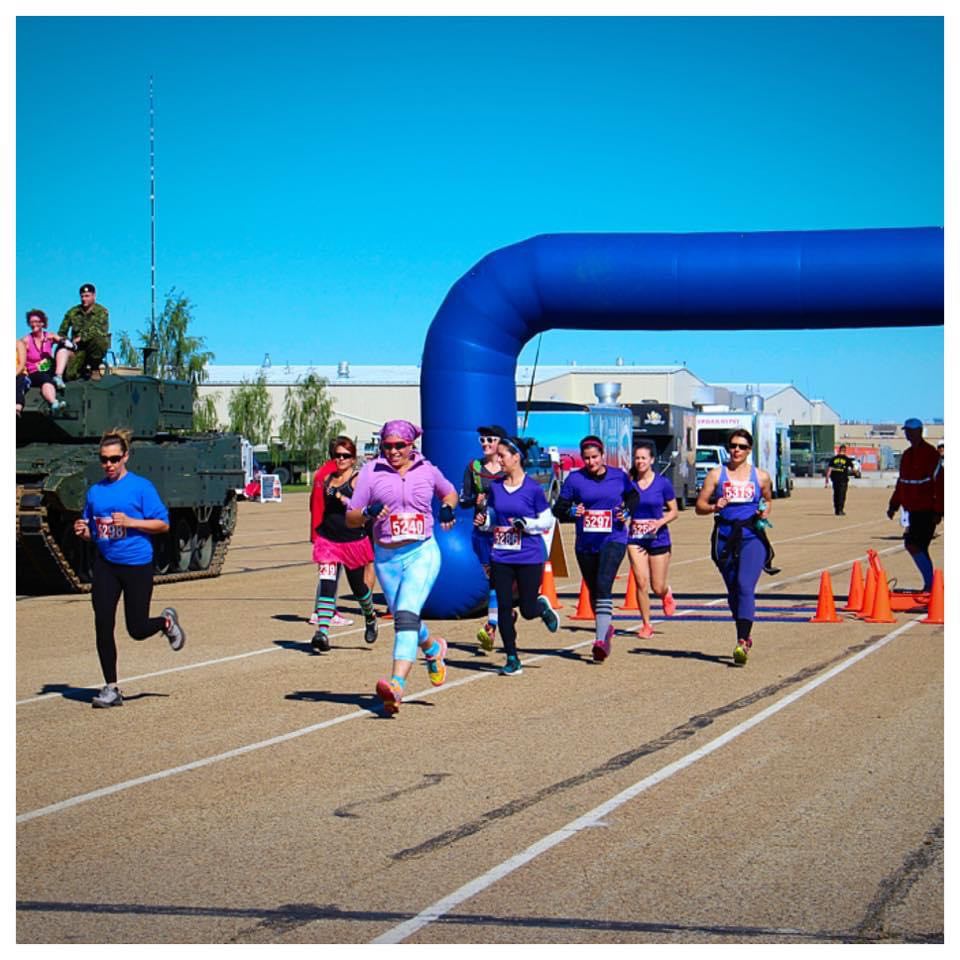
The Last Mile | Jacqueline Bollo, MBA, ICD.D
I was driving home from an impromptu coffee date with a friend when the song the Last Mile by Cinderella came on the radio. “…(And walk the last mile) Before I sleep… (It’ll be a while) Before I get my peace… (With the same style) I walked for years… (On the last mile) I can rest my fears…”.
The lyrics got me thinking about the meaning or implication of ‘the last mile’, or, conversely, ‘the first mile’. Is one more difficult than the other to realize? It has been said that the final mile is always the hardest. But does that mean it is any more memorable than the first mile? And what about all the miles in between?
For mathematicians, those in the transport industry, or similar, a mile is likely measured as an exact science or customary unit of distance (5,280 feet, 1,760 yards, or 1.690344 kilometres). For athletes, many sources report that three minutes, forty-three seconds, and thirteen-hundredths of a second is the fastest that a human has ever run a mile. But for others, like a condemned murderer who protests their innocence while on death row, or a CEO making a pitch to a client, the measurement of the last mile may be less of an exact science and more of a passage of thought or time.
This idiom, or the last stage in a process, involves all the effort and resources necessary for the success or completion of a goal or objective. The challenges of realizing success in the last mile can be insurmountable (due to costs, delays, unpredicted issues, inefficient routes, outdated technology, etc.), so the ability to navigate or strategize against these challenges is important.
To gain a synoptic view of the logistics that define the last mile of one’s journey requires hard work and creativity. This may imply that in order for success to be realized, one must exercise frequency of effort with a focus on increased effectiveness and efficiency. Strategically, one might also use the concept of frequency to assess the situation, evaluate the processes involved, and implement changes where necessary.
However, despite best efforts, unexpected problems can arise in the last mile due to speed, timeliness, accuracy, and precision, greatly hindering one’s ability to reach the endpoint, goal, or objective. So, from a strategic perspective, consider centralizing your efforts on specific initiatives, focus (in real-time), improve communication with key stakeholders who can either help or hinder the process, and contemplate alternatives, make choices, or consider the impact of your efforts in order to realize success in the last mile.
Consider that an average person has a stride length of approximately 2.1 to 2.5 feet – so, that means that it takes over 2,000 steps to walk one mile.
Seek to conquer your goals one step at a time, and appreciate that sometimes that last mile may just simply take your breath away.
__________
Jacqueline Biollo has only ‘run’ the last mile, once. As an enthusiast, Jacqueline has played many sports and continues to make physical fitness a priority. Jacqueline is conditioned more by her strategic prowess, focus, and resiliency in a business sense rather than conditioned for speed and stamina in a physical sense. Jacqueline aligns with many traits that elite athletes possess that push her to succeed in the demanding world of consultancy and academia. She is inspired, motivated, social, and prepared.
Photo (circa 2016, Woman2Warrior)



